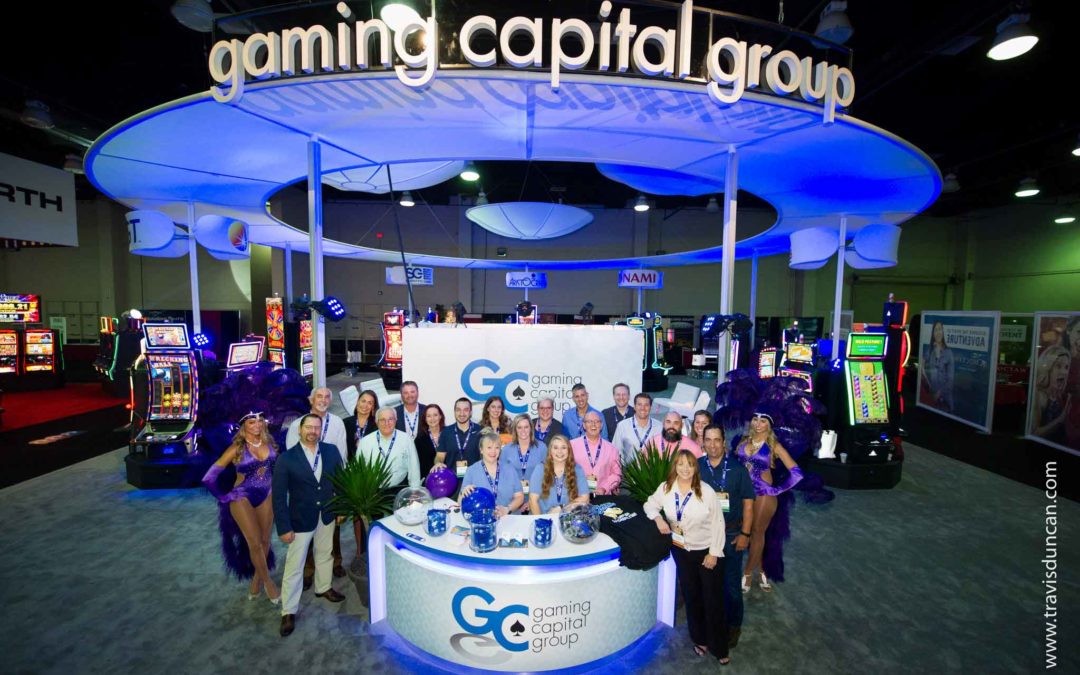It’s a Big Small World: Tribes Must Not Become Lost in the Changing Global Landscape of Gaming
Although in some ways the gaming industry is experiencing intense growth, in other ways it’s becoming smaller and smaller. The growth is easy to spot. Technological advances and innovation in gaming machinery happen almost daily. Tribal gaming is growing consistently, yet when we take a look at the gaming industry on a global scale, we see the number of gaming companies is shrinking worldwide, largely due to a tidal wave of mergers and acquisitions over the past three years.
Paradoxically, tribal gaming in the United States is experiencing steady and strong growth. For the past ten years Indian gaming revenues (win) equaled approximately $25.1 billion, or a 0.71 ratio of Indian gaming to commercial gaming. In 2015, Indian gaming revenues equaled approximately $29.9 billion, or a 0.77 ratio of Indian gaming to commercial gaming revenues in the U.S., matching its 2009 and 2010 ratios. Also, Indian gaming experienced year-to-year growth of almost 5 percent in 2015, more than twice the growth rate of commercial gaming revenues and the second highest growth rate in Indian gaming over the past decade. It is crucial that the tribal gaming industry doesn’t get lost as fewer companies become larger companies.
Tribal gaming has successfully brought growth and community improvement together in an unprecedented way. In Oklahoma, for example, the tribal gaming industry and its ancillary industries generate some 27,944 ongoing jobs, of which 76.6 percent are full-time. Further, 18,470 of these jobs are in rural counties, enabling local economies to experience growth and local residents to hold well-paying jobs with benefits.
The State of Oklahoma benefits, too. In 2015, tribal gaming operations and their employees paid out nearly $320 million in payroll related taxes, including more than $33 million to the state. Other states see equally significant benefits, which underscores the need for the tribal gaming industry in the U.S. to continue to work together to find mutually beneficial enterprises.
But how? One important step is to bring leaders together, such as will be done in London. Meetings to discuss the best ways to move forward together with a global vision are planned, along with visits to Parliament. Award-winning journalist Victor Rocha of Pechanga.net points out that, “The trip has particular resonance as 400 years ago Pocahontas, the sojourning Powhatan from Virginia, met King James I of England at a theatre performance at the Whitehall Palace in London. The occasion was noted in history because it was first known meeting of the King of England and a Native American on British soil.”
As many of us in the tribal gaming industry travel to London next month to attend ICE Totally Gaming, the largest gathering of gaming professionals in the world, we will participate in and attend special sessions designed to help educate the global gaming community about U.S. tribal gaming and its significant $30 billion impact. The sessions will be presented by members of the National Indian Gaming Association, Oklahoma Indian Gaming Association, and Arizona Indian Gaming Association. Among topics discussed will be the ramifications of the recent U.S. presidential elections, Class II gaming, innovation and emerging gaming technology in Indian Country.
In a separate effort, another meeting will take place between tribal leadership and a British delegation at the Palace of Westminster as guests of Baroness Nicholson of Winterbourne in an event brought to bear by the Baroness, the National Indian Gaming Association (NIGA) and Victor-Strategies to strengthen relationships between tribal governments and overseas business leadership.
Oklahoma artist and diplomat D.G. Smalling was also instrumental in bringing the summit with Baroness Nicholson to life. “I first met the Baroness some years ago when she was invited to Oklahoma to attend the Sovereignty Symposium. What began as conversations soon became negotiations, which ultimately became a meeting between five tribal governments and officials in the United Kingdom, centered around trade, at the bequest of the U.K.”
How will a high-level meeting about trade between nations benefit tribal gaming? When doors open for commerce, relationships between nations evolve. When both sides benefit, they naturally look for more ways to work together for greater benefit. The Baroness has an interest in working with indigenous peoples in the Middle East, and hopes that tribal people there will imagine future possibilities by observing the sea change occurring between U.S. tribal governments and the U.K.
This constant, vigilant search for opportunity is something that tribal nations in the U.S. already do brilliantly. It’s now the simple yet delicate matter of expanding those searches on a global scale, together, for the benefit of all. ®
Sheila Morago is Executive Director of the Oklahoma Indian Gaming Association (OIGA). She can be reached by calling (405) 600-9044 or email sheila.morago@oiga.org.

